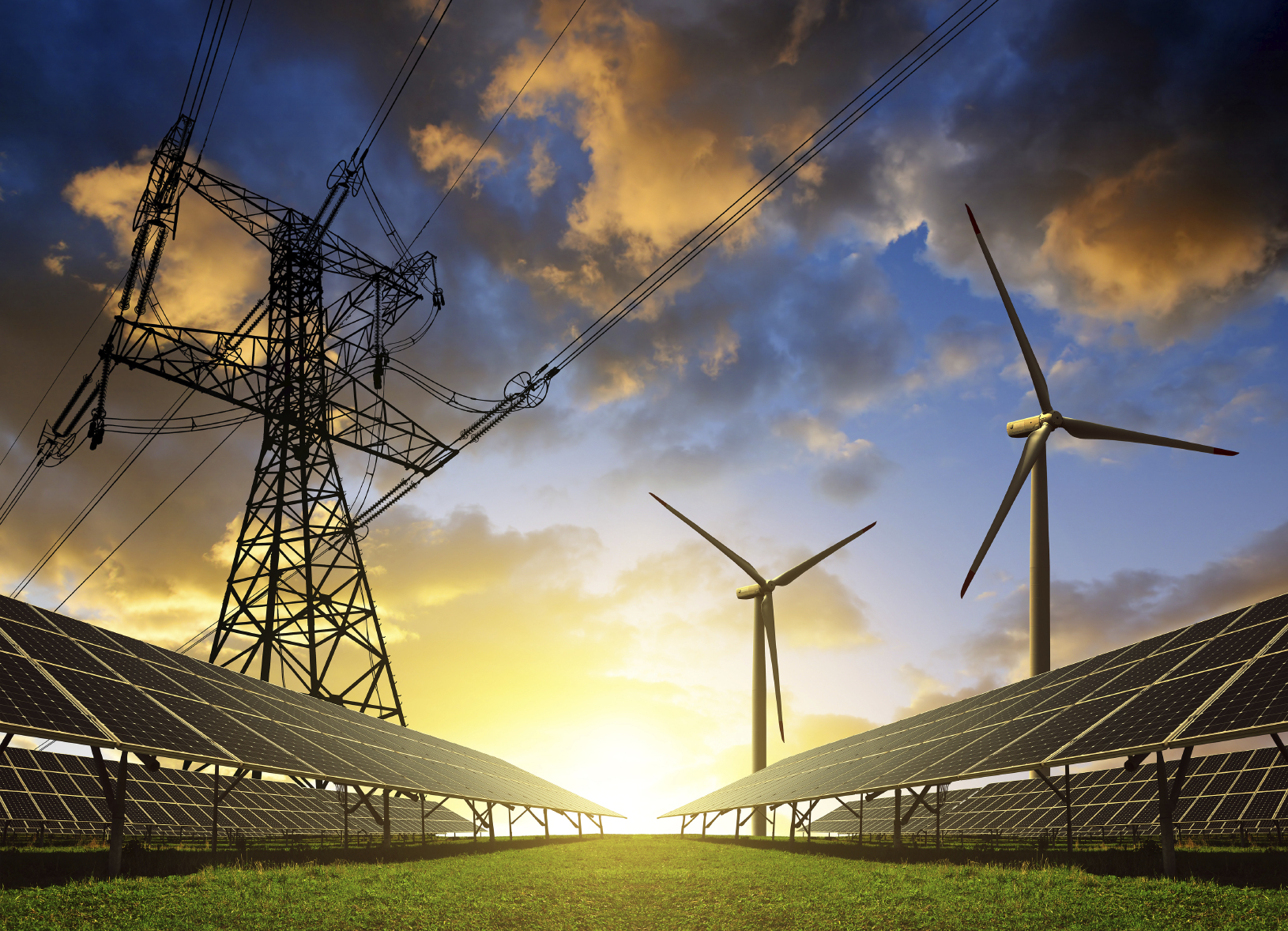Investment opportunities in the Norwegian electricity sector
With new regulations in place, renewable energy and infrastructure investors are likely to see an increasing amount of unique and valuable investment opportunities in the Norwegian electricity sector.
With new regulations in place, renewable energy and infrastructure investors are likely to see an increasing amount of unique and valuable investment opportunities in the Norwegian electricity sector.

Of particular interest are the expected investment opportunities in grid companies, i.e. companies owning and operating infrastructure for distribution of electricity. Such operations are subject to detailed monopoly restrictions, but also with revenue frames that ensure a stable return on invested capital and incentives for cost efficiencies.
The new regulations will force Norwegian energy companies to split out, operate and brand their grid operations separately from their other operations.
In Norway, many companies are engaged in several energy related operations, such as electricity distribution, renewable energy production, electricity trading, fiber-optic cable internet-provision, district heating, and construction, installation and maintenance services.
The regulations introduce a “corporate and functional division” provision requiring a deep separation of distribution operations from all other activities. More precisely, all distribution infrastructure assets must be transferred out to a dedicated, single-purpose corporate entity. The entity must operate by its own, separate management and cannot continue under the same brand as the power production and sales operation. For example, the grid company cannot share the group’s name, logo, or trademarks.
With synergies reduced and brands separated, we expect many utilities companies to narrow down their operations and investments to either grid only, or to a more diversified production, sales and services operation. The new regulations might therefore lead to an unprecedented splitting of Norwegian energy companies, with grid assets divested completely or separated into independently run subsidiary operations. This already budding trend will likely lead to consolidation of grid companies on the one hand, and a consolidation of companies operating other power-related activities on the other.
Furthermore, increased production and distribution of renewable energy is central to achieving the EU’s climate neutral goals, thus making grid an ever more key infrastructure. An improved and well-functioning grid system will require significant capital investments, both for the maintenance of existing and development of new grid.

The net result of this? We expect significant amounts of divestments, mergers and acquisitions in the electricity grid and renewable energy sector, leading to unprecedented openings for international, financial investments.
The Norwegian energy sector is strictly regulated , but without FDI regulations. National and international capital investments enjoy equal treatment. The regulations disallow private investors from holding more than one third of the shares in a large hydropower production company. This has not stopped significant foreign investments in wind power and small and medium sized hydropower, by purely financial investors such as pension funds as well as long-term strategic and industrial investors.
So far, most market entries have taken place in connection with raising of capital for greenfield projects. The anticipated separation of grid activities from other activities might very well change this dynamic. Municipalities and county authorities own most of the many and small regional and distribution grid companies. They represent long-term ownership but expect stable dividend and have limited capital available to meet the demand for further investments. These companies therefore see financial investors as an increasingly attractive source of funding. The fact that grid companies have no ownership restrictions and soon will operate independently, should also add to ease and strengthen the market entry opportunities.
The electricity sector is busy adapting to their new environment, primarily by “in-house” legal restructurings. But also bolder steps are being taken:
Haavind has recently assisted an energy company in a restructuring process that enabled a pension fund to take a 33% ownership stake.
Our client is a regional electricity, internet, and TV provider as well as hydroelectric power producer. The restructuring process involved termination of the cross-ownership with another regional utility company and transferring all grid operations into a separate subsidiary.
Haavind’s leading expertise within renewable energy transactions makes us uniquely positioned to assist potential investors in seizing valuable investments opportunities.
If you want to learn more or discuss opportunities, please contact any of us below.


